
Become an Incathlab member and receive full access to its content!
Registration Login
In this highlighted case of the month, we review the approach for a femoro-popliteal in-stent reocclusion in an 86 years old female patient with multiple comorbidities, previously stented on the superficial femoral artery and popliteal arteries, presenting with severe left foot pain at rest and critical limb ischemia. Physical exam was pertinent for the absence of left popliteal pulse and a lower limb ultrasound showed an occlusion of the previously implanted stents. A CT-angiography scan showed an in-stent reocclusion of the stents.
Educational Objectives
- Plan a step-by-step approach in treating SFA in-stent reocclusion.
- Learn how and when to use Rotarex drive system.
- Discuss treatment by drug-coated balloon vs Viabahn endoprosthesis.
- Discuss bypass vs angioplasty.
Strategy
Plan A
- Right common femoral artery access and a cross-over procedure 6 Fr.
- 0.018" guidewire and support catheter.
- Thrombectomy +/- Viabahn.
Plan B
- Retrograde access/direct puncture of occluded stents.
Step-by-step procedure:
1) Access site:
- 6 Fr braided sheath from the right common femoral artery and cross-over to the left using a 0.035" Cook stiff glidewire and 6 Fr Destination 45 cm guiding sheath.
2) Step by step approach:
- Initial angiography showed severe stenosis of the ostial superficial femoral artery with occlusion of the two oversized implanted stents and a short distal occlusion of the antero-tibial artery.
- In-stent crossing was performed using a 0.018" hydrophilic Advantage glidewire followed by a 0.018" Navicross support catheter.
- Over-the-wire rotational thrombectomy was then performed using a Rotarex drive system.
- Predilatation intra-stent and of the ostial superficial femoral artery was performed using a 4.0 mm balloon followed by PTA using 3 drug coated balloons of 5.0 mm.
- Angiographic control showed >50% residual stenosis at the stent overlap level treated by a further dilation using a high pressure 6.0 mm Mustang balloon inflated to 26 atm.
- The final angiographic outcome showed <30% residual stenosis and a clear dorsalis pedis pulse was noted.
- Closure of access site using a femoseal was undertaken.

Bibliography
Last update : 2024-04-17
Our Cases of the Month
The case of the month is a new way for our users to watch, learn, and share with incathlab. They can watch a video that highlights an innovative case and uses excellent pedagogical techniques, lear...
Join the Discussion
Suggestions
San Francisco : Monday, September 18th 2023 from 01:07am to 01:07am (GMT+2)
New York : Monday, September 18th 2023 from 04:07am to 04:07am (GMT+2)
Buenos Aires : Monday, September 18th 2023 from 05:07am to 05:07am (GMT+2)
Reykjavik : Monday, September 18th 2023 from 08:07am to 08:07am (GMT+2)
London / Dublin : Monday, September 18th 2023 from 09:07am to 09:07am (GMT+2)
Paris / Berlin : Monday, September 18th 2023 from 10:07am to 10:07am (GMT+2)
Istanbul : Monday, September 18th 2023 from 11:07am to 11:07am (GMT+2)
Moscou / Dubaï : Monday, September 18th 2023 from 12:07pm to 12:07pm (GMT+2)
Bangkok : Monday, September 18th 2023 from 03:07pm to 03:07pm (GMT+2)
Shanghai : Monday, September 18th 2023 from 04:07pm to 04:07pm (GMT+2)
Tokyo : Monday, September 18th 2023 from 05:07pm to 05:07pm (GMT+2)
Sydney : Monday, September 18th 2023 from 07:07pm to 07:07pm (GMT+2)
Wellington : Monday, September 18th 2023 from 09:07pm to 09:07pm (GMT+2)
Complex multivascular patient with occluded brachiocephalic trunk
Case of the month: September 2023
San Francisco : Monday, November 29th 1999 from 03pm to 03pm (GMT+1)
New York : Monday, November 29th 1999 from 06pm to 06pm (GMT+1)
Buenos Aires : Monday, November 29th 1999 from 08pm to 08pm (GMT+1)
London / Dublin : Monday, November 29th 1999 from 11pm to 11pm (GMT+1)
Paris / Berlin : Tuesday, November 30th 1999 from 12am to 12am (GMT+1)
Istanbul : Tuesday, November 30th 1999 from 01am to 01am (GMT+1)
Moscou / Dubaï : Tuesday, November 30th 1999 from 03am to 03am (GMT+1)
Bangkok : Tuesday, November 30th 1999 from 06am to 06am (GMT+1)
Shanghai : Tuesday, November 30th 1999 from 07am to 07am (GMT+1)
Tokyo : Tuesday, November 30th 1999 from 08am to 08am (GMT+1)
Sydney : Tuesday, November 30th 1999 from 09am to 09am (GMT+1)
Wellington : Tuesday, November 30th 1999 from 11am to 11am (GMT+1)

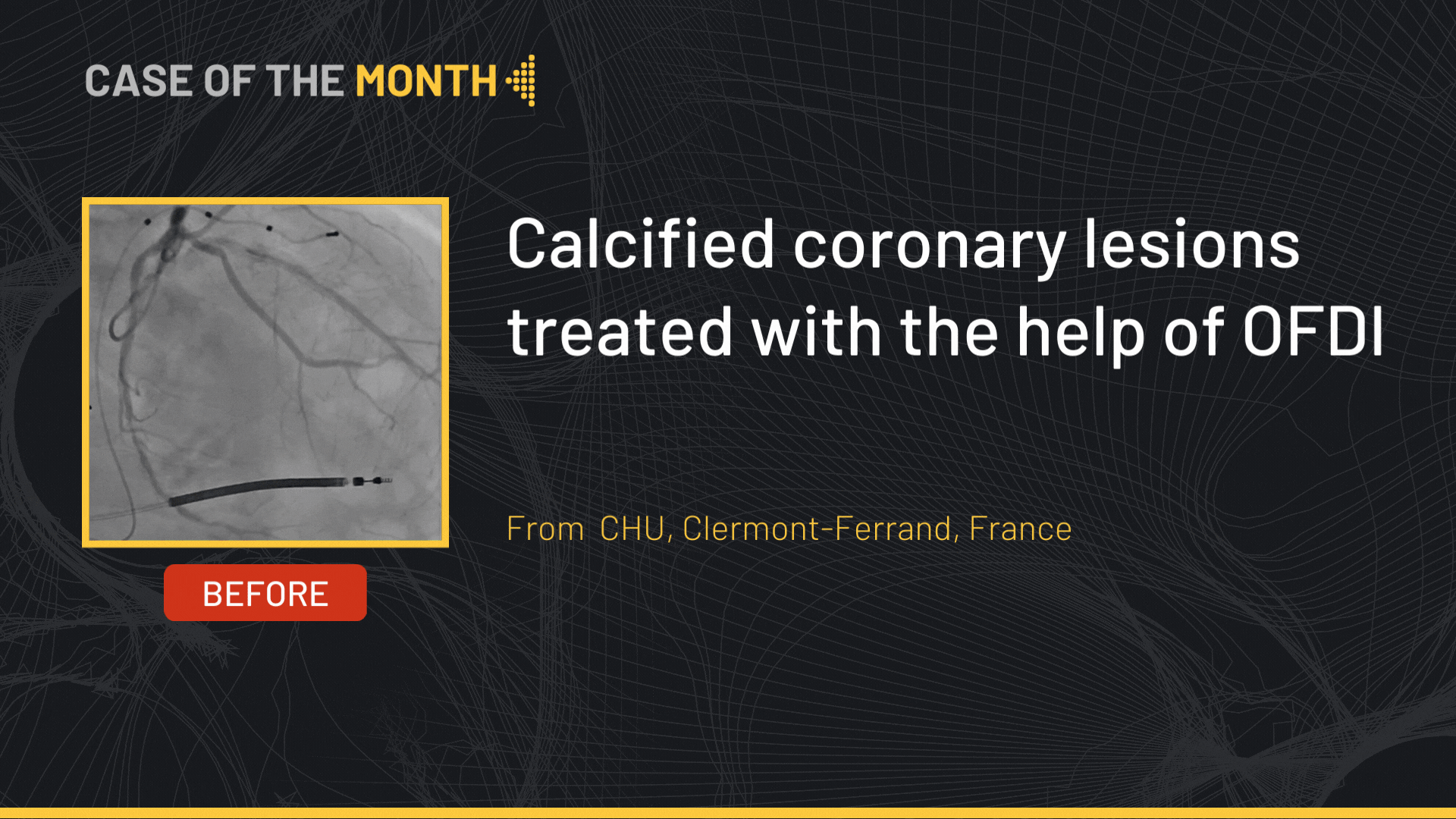
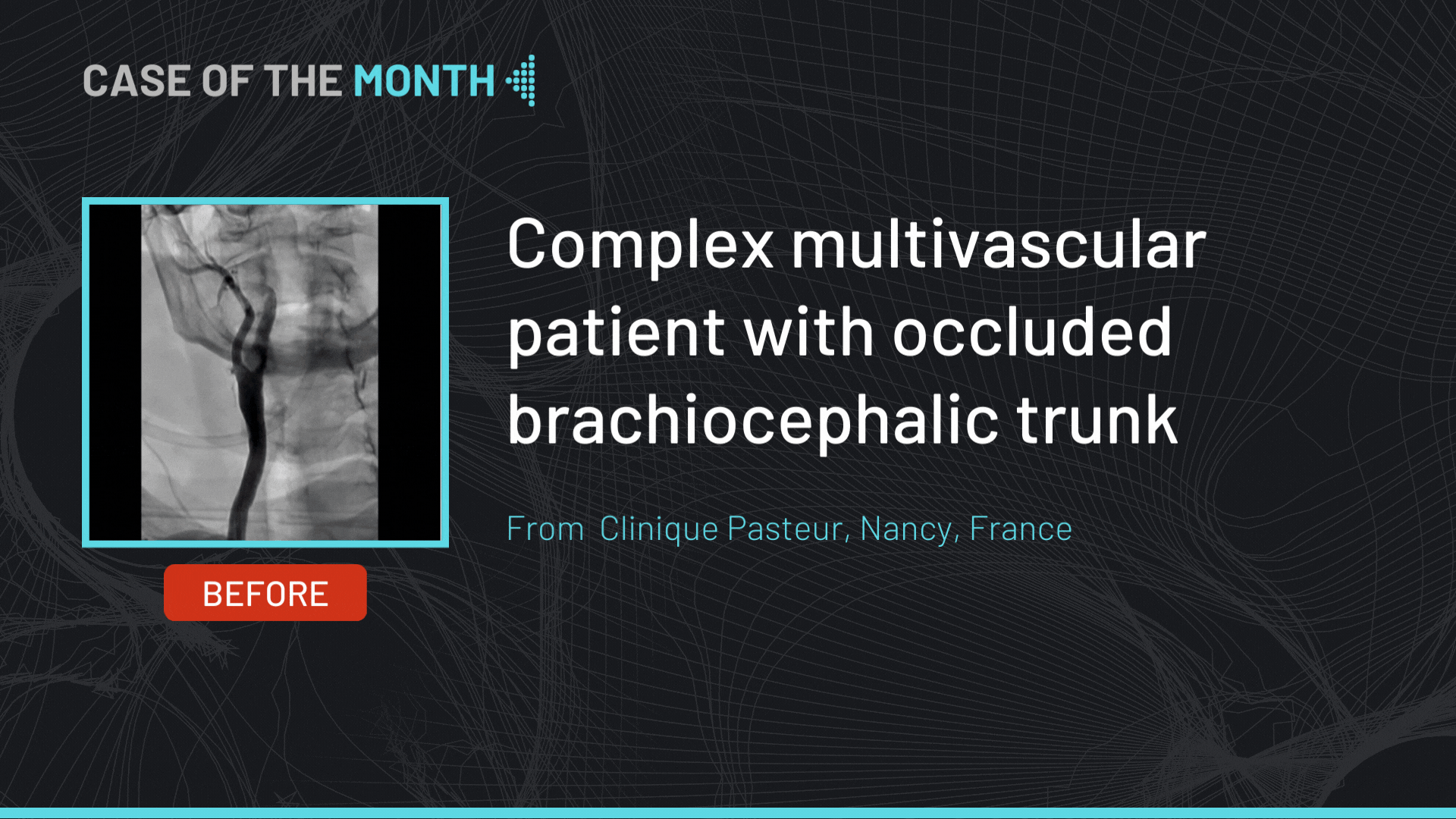
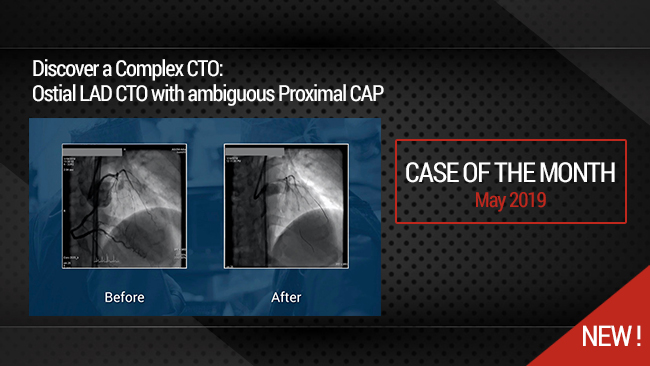
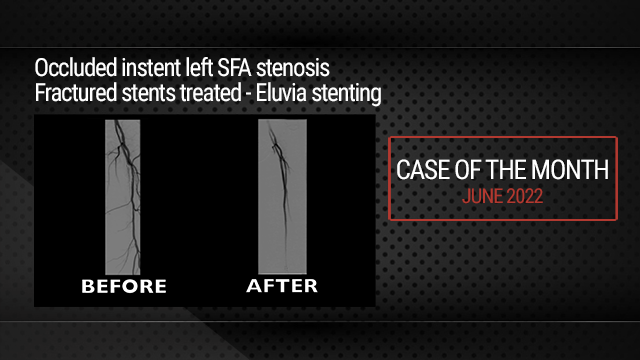
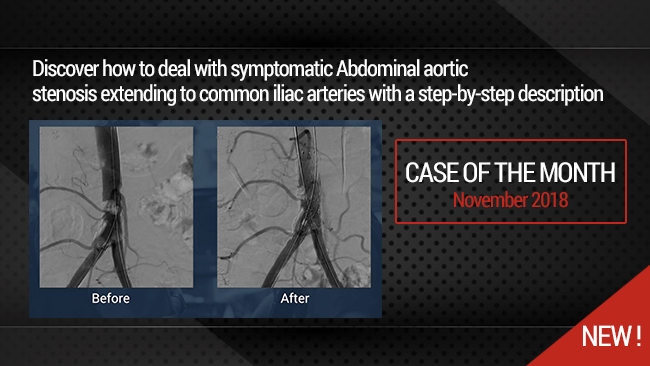
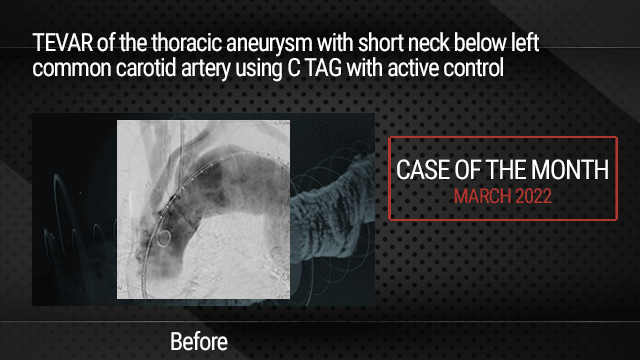
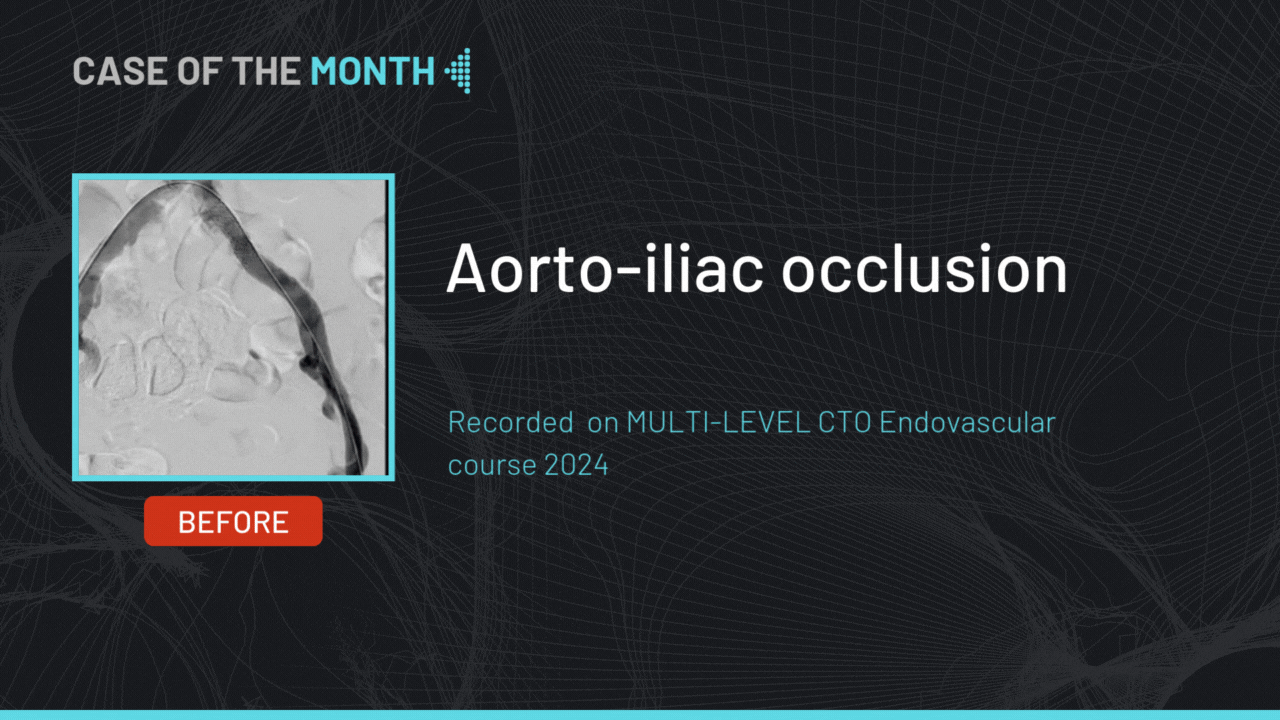
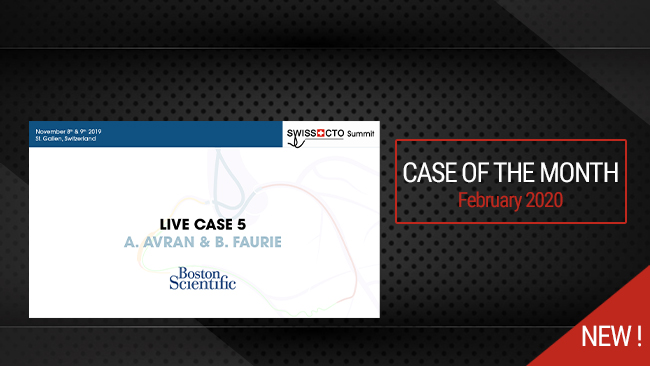
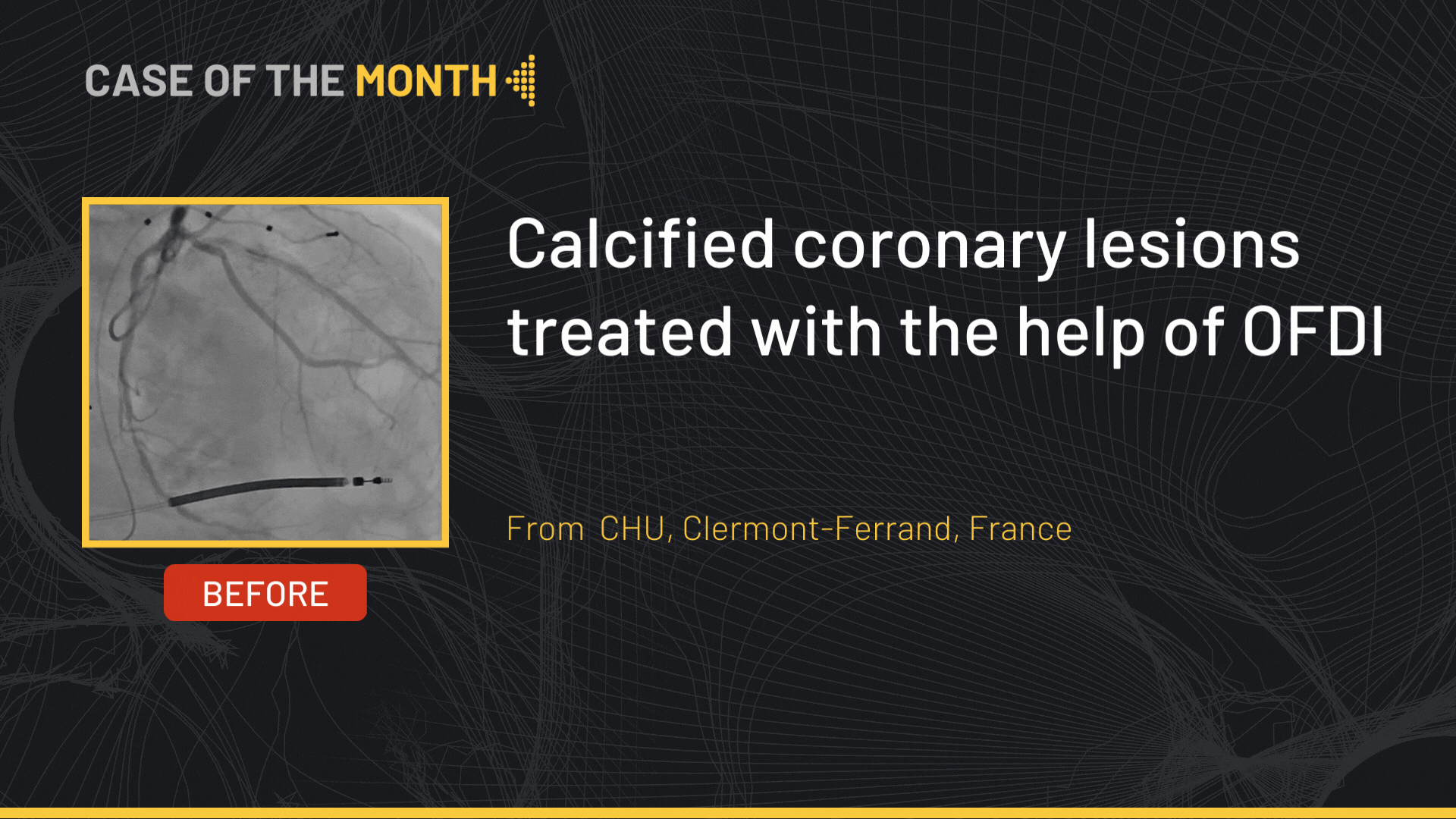
khalid S. Suppose the occluded stent is extending to P2, p3 segment, what to do in this situation, up to where we could land the viaban stent graft